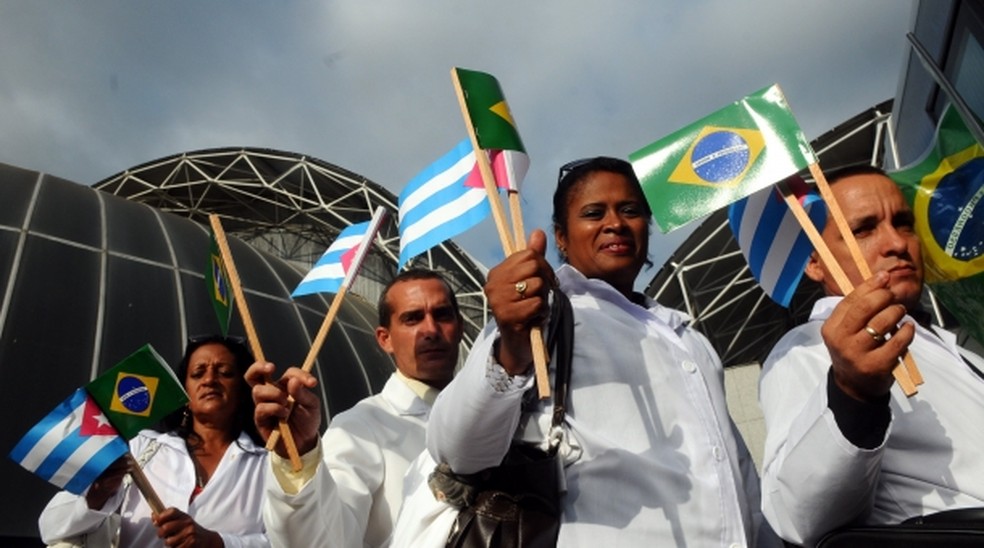By Xiu Ying
RIO DE JANEIRO, BRAZIL – The governors of the nine northeastern states have recently completed the necessary procedures to legalize the Northeastern Consortium, aimed at seeking greater autonomy from the government of Jair Bolsonaro and the federal policies they deem detrimental to the region.

Among the first measures to be promoted by northeastern leaders is the reinstatement of the original format of the ‘Mais Médicos’ (More Doctors) program, with the inclusion of Cuban professionals, who left the country after President Jair Bolsonaro’s ideological criticism of Cuba’s government.
According to the governor of Maranhão, Flávio Dino, the Northeastern Consortium has made contact with representatives of PAHO (Pan American Health Organization), an organization linked to the WHO (World Health Organization), and inquired into the possibility of bringing foreign professionals, mainly from Cuba, to reestablish the coverage that the ‘Mais Médicos’ provides to the public health system in the northeastern states.
Last December, as elected president, Bolsonaro harshly criticized Cuba, affirming that it regarded Cuban doctors as “slaves,” thereby triggering a diplomatic crisis that led Miguel Díaz-Canel, the island’s president, to order the return of professionals to their country.
After losing approximately 8,000 doctors to the system, the federal government promised to fill all vacancies with Brazilian doctors, which has not happened: a recent report by the New York Times showed that hundreds of Brazilian cities are still waiting for new doctors to replace the departed Cubans, a situation that has left some 28 million people without care.
The northeastern states are among the most affected by this anti-communist federal posture: Ceará, for instance, is the Brazilian state with the second largest shortage of doctors.

